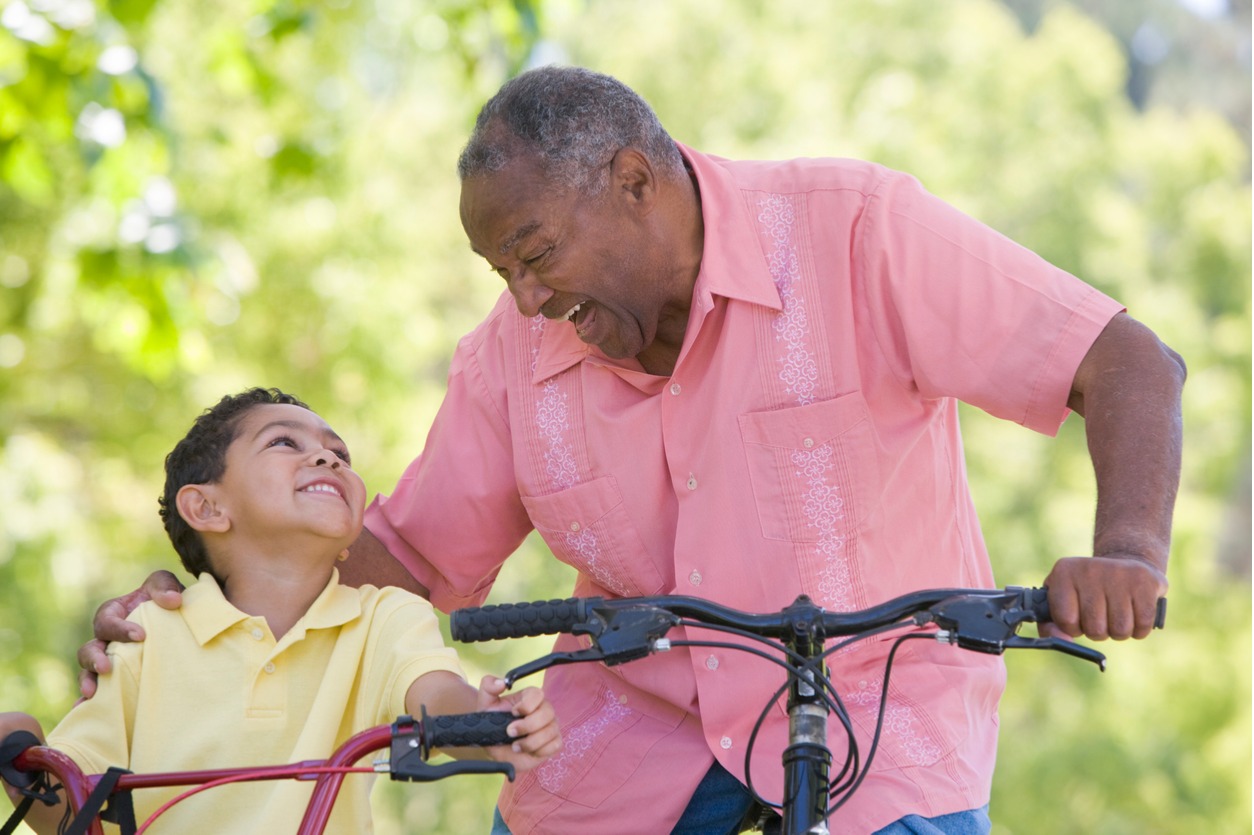Aging with HIV: Four Tips for Older Adults with HIV

Written By: Josh Matacotta, PsyD; Assistant Professor – College of Health Sciences, Western University of Health Sciences
Due to recent advances in medicine and science, getting older with HIV can be a lot like … getting older without HIV. Most adults aged 65 years and older are living with more than one chronic health condition, such as diabetes, heart disease, hypertension, arthritis, depression, or cancer. Learning about a new medical condition or complication with treatment can be overwhelming.
Here are 4 healthy aging tips for people with HIV:
1. Seek out information and ask questions.
Keep up to date with the latest information living with HIV by following reputable sources for news, updates, and information. Come to your medical appointments with questions or things that are bothering you.
2. Use technology to stay informed about health status.
Most healthcare systems or medical practices offer an online patient portal that lets patients email their healthcare team, schedule and track appointments, request medication refills, and view lab results. Keep an eye on your latest CD cell counts (CD3, CD4, CD8), HIV RNA levels (viral load), complete blood count (CBC), platelet counts, markers of liver and kidney function, and other relevant information. Keep in mind that trends are often more important than a single lab result. Ask a member of your care team questions if you have concerns about results and how the treatment of one medical condition impacts another condition.
3. Get (and stay) active.
The American College of Sports Medicine recommends that adults aged 65+ engage in 30 minutes of moderate-intensity physical activity most or all days of the week. (Check with your healthcare team if they recommend a different level of activity for you.) Research has linked physical activity with healthy aging and reduced risk of chronic disease. Regular exercise can boost your mood, energy levels, and self-confidence. And bonus! -- physically active older adults are less susceptible to viral and bacterial infections, suggesting that exercise improves immune system function.
4. Connect with others.
Feeling lonely or isolated is no fun – and isn’t good for your health either. Social support and connection with others are associated with better physical and mental health. Stay connected with family and friends by meeting up in person, talking on the phone, or chatting online. It may also help to connect with others with HIV to share your experiences.
Whether you are currently venturing into aging with HIV territory or see it on your horizon, remember it is completely manageable. Living and aging well with HIV does require some help. Use your curiosity to find the latest information about HIV and aging, and always ask questions. Technology and other resources can help you manage appointments and stay informed about your health status. And remember to stay active - physically and socially - to stay well and feel well.
More Articles

Women’s Health: Facts about Birth Control, STIs and Condoms
Get the facts on STIs, birth control and condoms, and how they affect women's health.

PrEP Facts & HIV Prevention
Learn the facts about PrEP, how effective it is at HIV Prevention and what you need to know if you are considering PrEP.


